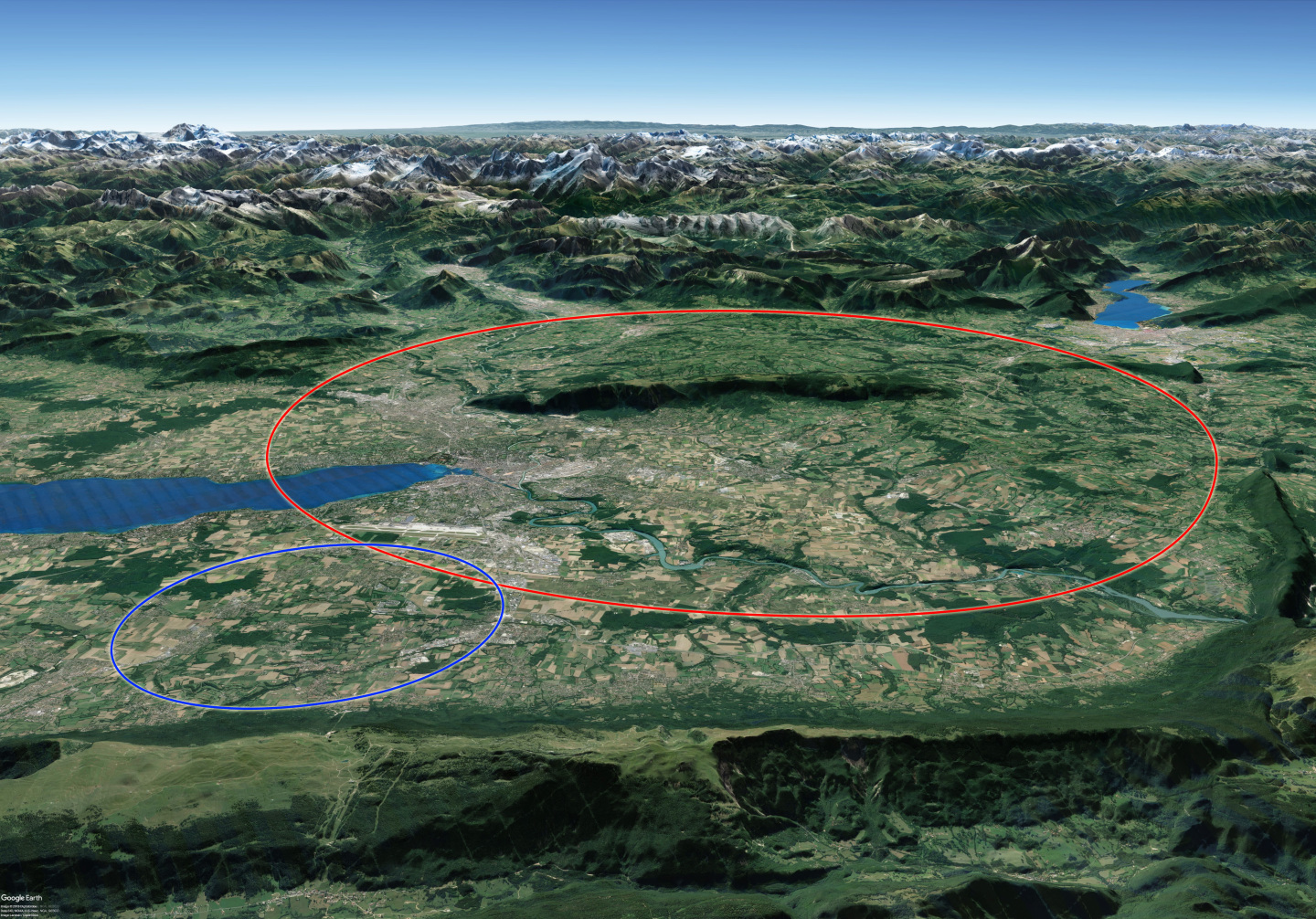INTRODUCTION
The H2020 EASITrain project, EU-funded Marie Skłodowska-Curie (MSCA) training network (ITN), offered a cross-sectoral training programme based on a fine blend of engineering, fundamental research and the development of real-scale applications in close collaboration with industry. Based on the knowhow gained and on the network established as part of the project, a curriculum has been developed as one of the project deliverables. Catalysts for curriculum development are the new technologies and knowledge generated during the project along with the new economic and social qualification requirements taking into account feedback from ESRs, lecturers and industrial partners.
Knowledge is most valuable when being transferred across generations. Nobel laureate in high-temperature superconductivity Dr. Bednorz "see[s] an urgent need in education. Over the past years, the number of places that still run a curriculum on superconductivity and its application has been shrinking continuously. The field needs more young scientists and engineers again who think 'applied' and, through creative ideas, contribute to new applications".
Developing a joint curriculum sets an unprecedented challenge as there are different rules acrosss European universities regarding the duration and number of assigned ECTS points in each course. The common interest in maintaining a link between the EASITrain partners and the desire to provide young researchers with an academic training that goes beyond the skills of the individual research group has prompted the search for a viable strategy. This is particularly relevant for current efforts to develop the next generation of circular colliders boosting the energy and intenstity frontiers which could have a tremendous impact in numerous applications beyond particle physics.
The proposed curriculum for applied superconductivity targets early-stage researchers who are in the first four years (full-time equivalent) of their careers holding a Master degree or equivalent academic title.
ORGANISATION
The following organizations participated in the first stage of the programme:
| Organization | Country | Type of organization | Type of participation |
|---|---|---|---|
| CERN | Int. org. | Research | Project |
| TUWIEN | Austria | University | Degree, course, project |
| UNIGE | Switzerland | University | Degree, course, project |
| PSI | Switzerland | Research | Project |
| INFN LNL | Italy | Research | Project |
| U. Genoa | Italy | University | Degree, course, project |
| CNR SPIN | Italy | Research | Project |
| KIT | Germany | Research | Project |
| ASG | Italy | Company | Project |
| RI | Germany | Company | Project |
| DTI | Denmark | Company | Project |
| WU Wien | Austria | University | Project |
| University of Siegen (USIEGEN) | Germany | University | Degree, course, project |
| U. Stuttgart | Germany | University | Degree, course, project |
COURSES IN APPLIED SUPERCONDUCTIVITY
The following sections outline the individual subject matters that could be included in this curriculum together with potential organizations, who can offer these courses in an inter-organizational, international environment:
